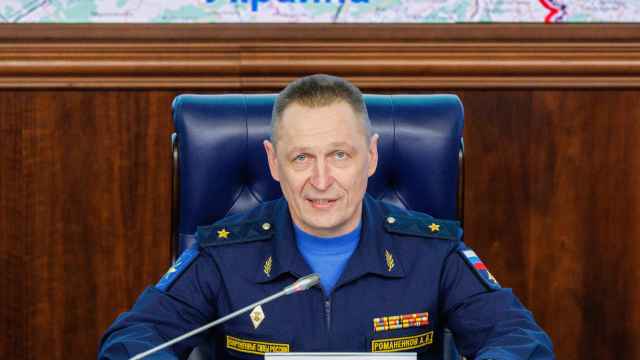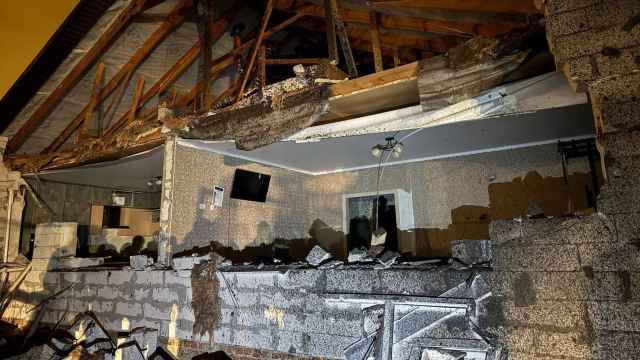Russia accused Syrian rebels of using chemical weapons in an attack on Tuesday, calling it an extremely alarming and dangerous development.
"According to information coming from Damascus, a case of the use of chemical weapons by the armed opposition was recorded early in the morning of March 19 in Aleppo province," the Foreign Ministry said in a statement.
It did not specify the exact source of information on the deadly attack, which Syrian President Bashar Assad's government and the rebels blamed on one another. It said the explosion of a piece of ammunition "containing a poisonous substance" killed 16 people and wounded about 100 others.
Syria's information minister said rebels had fired a rocket carrying chemical agents that killed 16 people and wounded 86. State television said later that the death toll had risen to 25.
The pro-opposition Syrian Observatory for Human Rights, which monitors the conflict using a network of contacts in Syria, put the number of dead at 26, including 16 soldiers.
If confirmed, the attack would be the first use of chemical weapons in the two-year-old conflict that has killed more than 70,000 people and set Russia against the West.
Britain's UN envoy said Tuesday that the reports had not yet been "fully verified."
"We have seen those reports; they haven't yet been fully verified," Britain's UN Ambassador, Mark Lyall Grant, told reporters on his way into a UN Security Council meeting on Afghanistan.
"But clearly if chemical weapons were used then that would be abhorrent and it would require a serious response from the international community," he said.
Russia has warned Assad's government not to use chemical weapons and said in December that Damascus had taken steps to ensure that chemical agents were secure by concentrating them at a smaller number of sites.
Related articles:
A Message from The Moscow Times:
Dear readers,
We are facing unprecedented challenges. Russia's Prosecutor General's Office has designated The Moscow Times as an "undesirable" organization, criminalizing our work and putting our staff at risk of prosecution. This follows our earlier unjust labeling as a "foreign agent."
These actions are direct attempts to silence independent journalism in Russia. The authorities claim our work "discredits the decisions of the Russian leadership." We see things differently: we strive to provide accurate, unbiased reporting on Russia.
We, the journalists of The Moscow Times, refuse to be silenced. But to continue our work, we need your help.
Your support, no matter how small, makes a world of difference. If you can, please support us monthly starting from just $2. It's quick to set up, and every contribution makes a significant impact.
By supporting The Moscow Times, you're defending open, independent journalism in the face of repression. Thank you for standing with us.
Remind me later.





